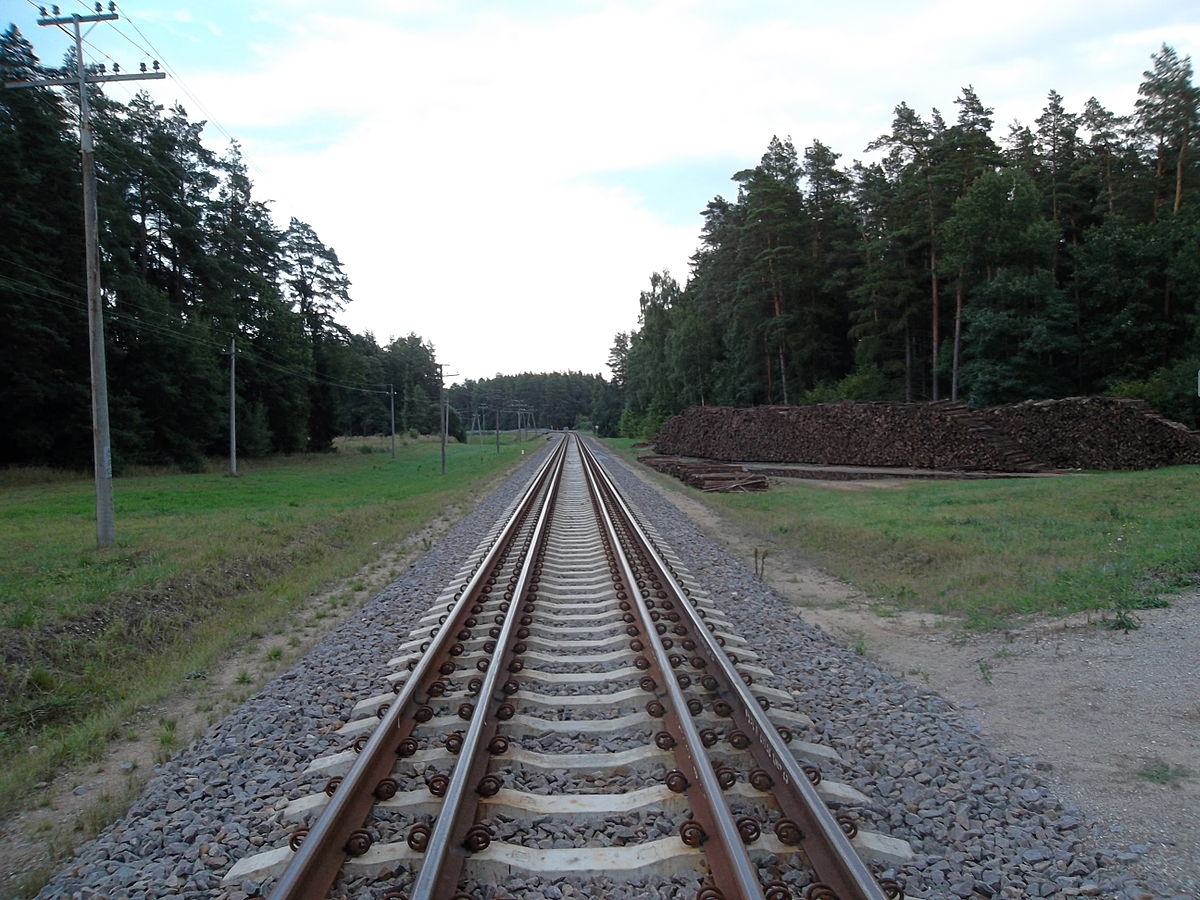Romania is repairing a wide railway track so that Ukraine can export goods through Moldova to Galati

Against the background of the blockade of Ukrainian Black Sea ports by Russian troops, Ukraine is actively developing new routes for the export of grain and metallurgical products to the ports of Romania, Poland and other countries. However, the different widths of the railway in Ukraine and the EU pose a problem, so each European station with a wide-track branch is very important for the organization of transportation. Particularly promising is the Danube port of Galati, from which barges can transport goods to Black Sea ports.
To help Ukraine with exports, the Romanian Ministry of Transport plans to hold a tender by May 19 for the repair of a wide-gauge railway between the village of Giurgiusti (Moldova) and the port of Galati to launch a supply route from Ukraine via Moldova to Galati. Thus, the ports of Galati and Constanta will become the main ports in the region for the transportation of goods and raw materials.
Repairs of the 3.58 thousand km long track and the 1.17 thousand km regular track from the port of Galati are planned to be repaired within 60 days from the date of signing the contract. The total cost of the project, funded by CFR Infrastructure, is 1.289 million lei (UAH 2 million).
Ukraine is also working on export routes through the Baltic ports, and together with Poland is creating a logistics company that will increase the volume of rail transportation of Ukrainian goods to the EU and other countries in Europe.
Metinvest is working on logistics for deliveries through the Baltic and Romanian ports, and ArcelorMittal Kryvyi Rih is discussing with the Polish authorities the possibility of placing in the Baltic ports the facilities needed to transport metallurgical products. In March, Ferrexpo increased its exports through the ports of the Danube and by rail to 24,000 tons per day.


